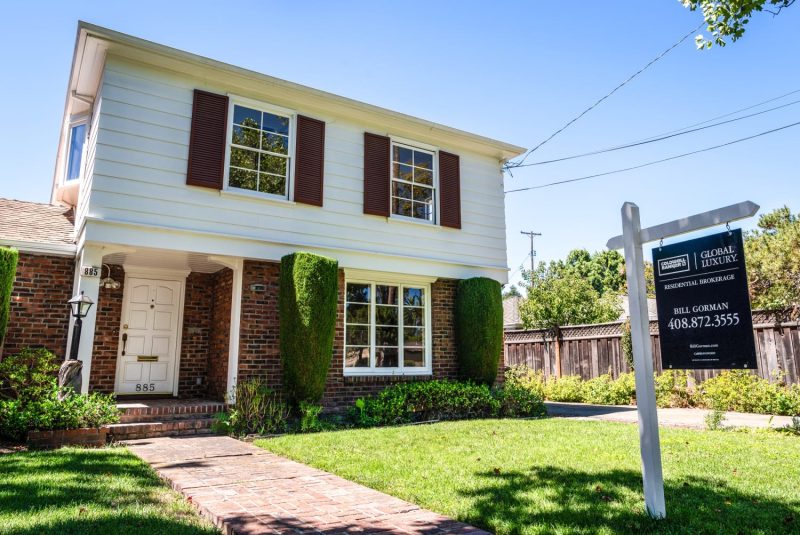Home sale commissions are the monetary rewards that real estate agents receive after successfully selling or buying a property. Traditionally, these commissions encompassed a significant percentage of the property’s final sale price. However, these commissions are getting a shake-up this weekend, introducing new practices that are set to redefine the dynamics of the real estate industry.
Firstly, a modular approach to commission charges is being introduced. Unlike the conventional percentage-based commission, the modular approach breaks down the property sale process into individual modules. Each module, such as property listing, showing the property, handling paperwork, etc., will subsequently carry its specific charges. This new model is expected to make the commission charges less burdensome for property owners as they can now opt to take some responsibilities and save on the overall commission expenses.
Secondly, a recent trend that has been gaining traction is the introduction of flat-rate commissions. This approach does away with percentage-based commission, replacing it with fixed-rate charges regardless of the property’s sale price. While this might seemingly disadvantage the agents, it introduces certainty and transparency in the commission structure, making it easier for sellers to estimate their net proceeds from the property sale.
Another development in the shake-up of home sale commissions is the advent of digital home sale platforms. Through these platforms, both buyers and sellers can access a range of services, including property listings, property valuations, and negotiation, among others, often at lower costs compared to traditional brokerage services. Sellers leverage these platforms to sell their properties without necessarily engaging a real estate agent, thus reducing the commission costs.
Additionally, there’s an introduction of performance-based commission, where an agent’s commission is tied to how well they realize a client’s goals, such as fetching an attractive sale price or selling within a particular timeframe. This practice holds agents more accountable, ensuring they exert their best efforts to achieve optimal results for their clients.
Finally, the practice of offering rebates and incentives is taking center stage in the commission shake-up. This practice sees agents giving back a portion of their commission to the client, reducing the overall cost of selling the property. Some agents also offer additional services at no extra cost as part of the commission, providing more value for their clients.
In summary, this weekend’s home sale commission shake-up aims to mitigate the high cost of real estate transactions and increase transparency in the industry. The new practices are also expected to enhance competitiveness as more agents are innovating with commission structures to attract sellers. It’s a significant development that carries numerous benefits for both sellers and agents, signaling a promising future for the real estate sector.




